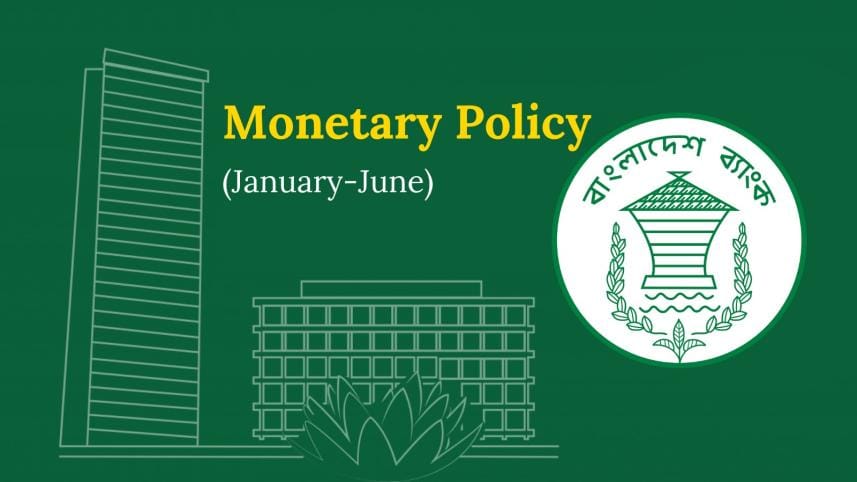Monetary policy is working: CAL Bangladesh

The country's tightening monetary measures are beginning to yield results, paving the way for a gradual stabilisation in consumer prices, according to CAL Bangladesh.
Additionally, a decline in global commodity prices and a stable exchange rate are expected to lower import costs, alleviating some pressure on the domestic economy.
Food prices in Bangladesh, except for rice and soybean oil, have declined for three consecutive months, reflecting a positive trend in stabilising prices for essential commodities.
As Ramadan approaches, consumers in Bangladesh may face some price volatility, but inflation is on track to fall sharply by the second half of this year.
In its latest report released today at Renaissance Dhaka Gulshan Hotel, the organisation projected that inflation, currently at elevated levels, will stabilise between 8.5 percent and 9.5 percent by June but fall to 6-7 percent by December.
Deshan Pushparajah, a director of CAL Securities, said the economy has passed its worst in terms of exchange rate, inflation and interest rate except for GDP growth rate.
Growth Outlook
GDP growth for FY25 is forecast to range between 2 percent and 3 percent, marking a significant slowdown in economic performance.
This decline is linked to persistent macroeconomic challenges, which have continued to weigh on the country's economic prospects.
The economy suffered a contraction during the July–September quarter, driven by disruptions in production and trade.
A slowdown in consumption has further dampened growth, as rising inflation and economic uncertainty have strained household incomes.
Lower investments have also compounded these issues, with high interest rates and uncertainty discouraging private sector activity.
CAL Bangladesh's outlook also projects the exchange rate to stabilise between Tk 125 and Tk 130 against the dollar.
Interest rates are expected to remain high, with the one-year treasury bill rate ranging from 9.8 percent to 10.5 percent by June 2025, which could present challenges for businesses and borrowers in the near term.
Raihan Shamsi, director of CAL Securities, said the economy has been going through a rough patch for the last two years and a political change took place recently.
He said bleeding in the economy has not stopped yet, but holes were stopped.
Risk factors
CAL Bangladesh report said delay in disbursement of IMF funds could put pressure on the Balance of Payments and create volatility.
Money printing is another concern. It said, "Failure to reverse money printed to support banks could lead to another wave of inflation when credit picks up."
Two more factors—political uncertainty and energy shortage—also pose risks.
CAL Bangladesh said political uncertainty will heighten instability and may raise the country risk premium.
"Shortages of electricity and gas supply could lead to productivity loss."



 For all latest news, follow The Daily Star's Google News channel.
For all latest news, follow The Daily Star's Google News channel.
Comments